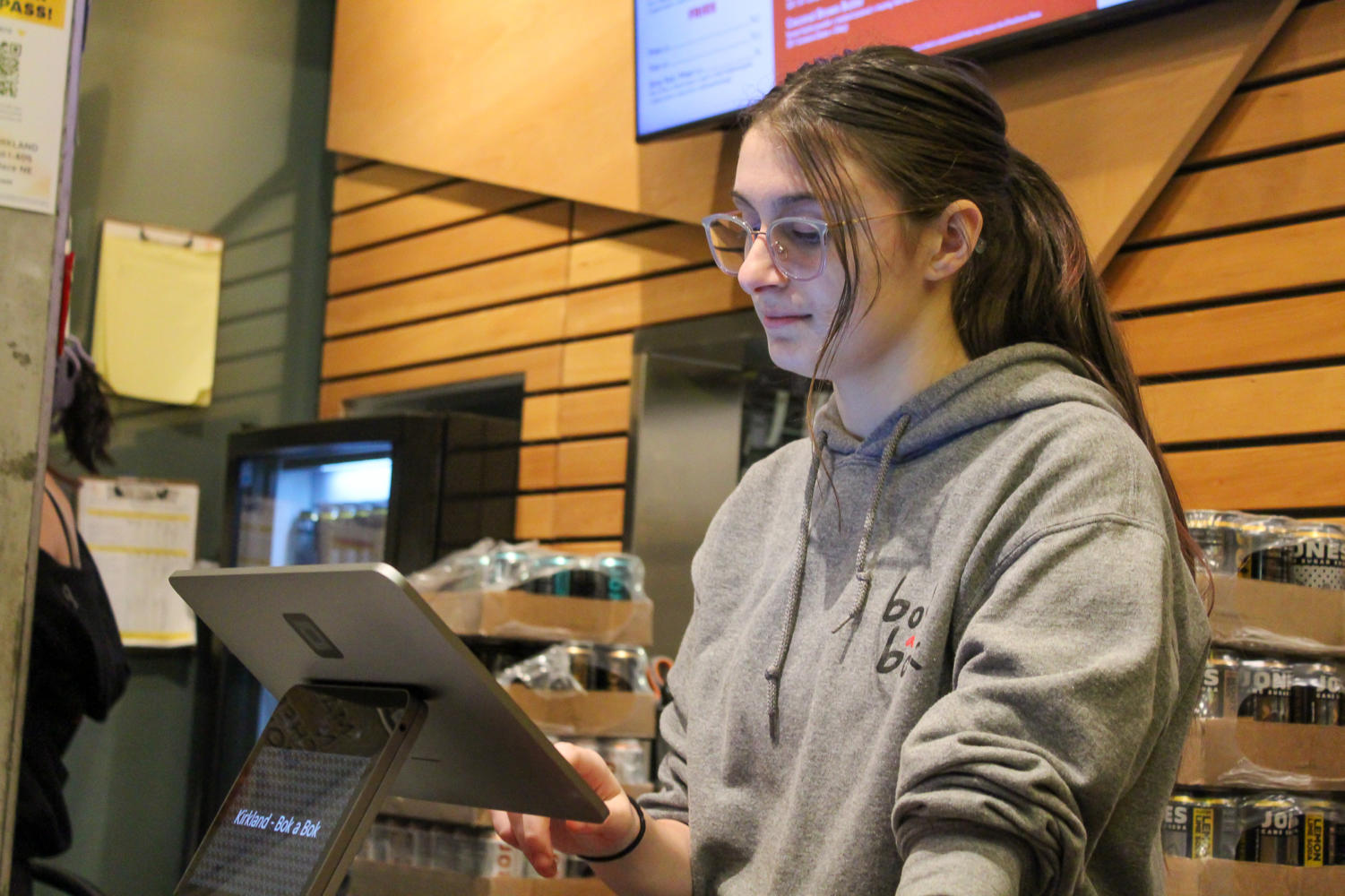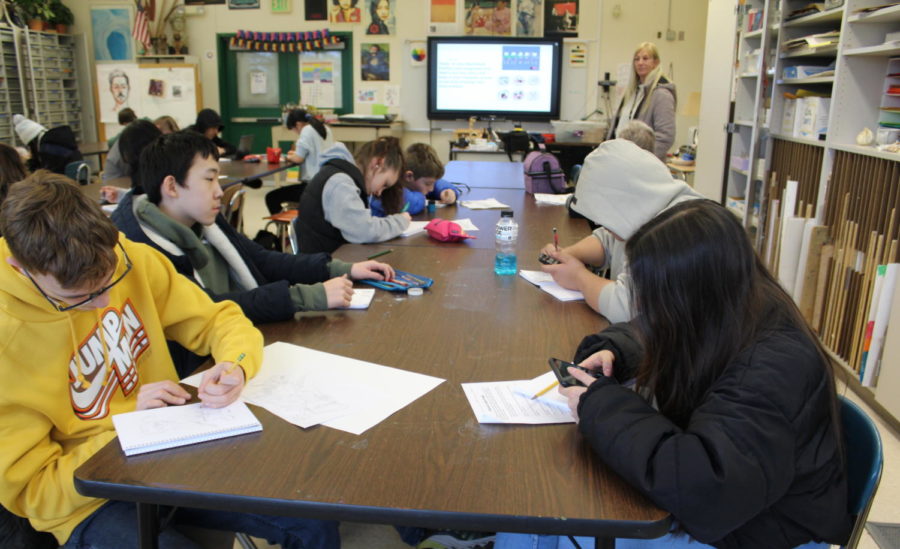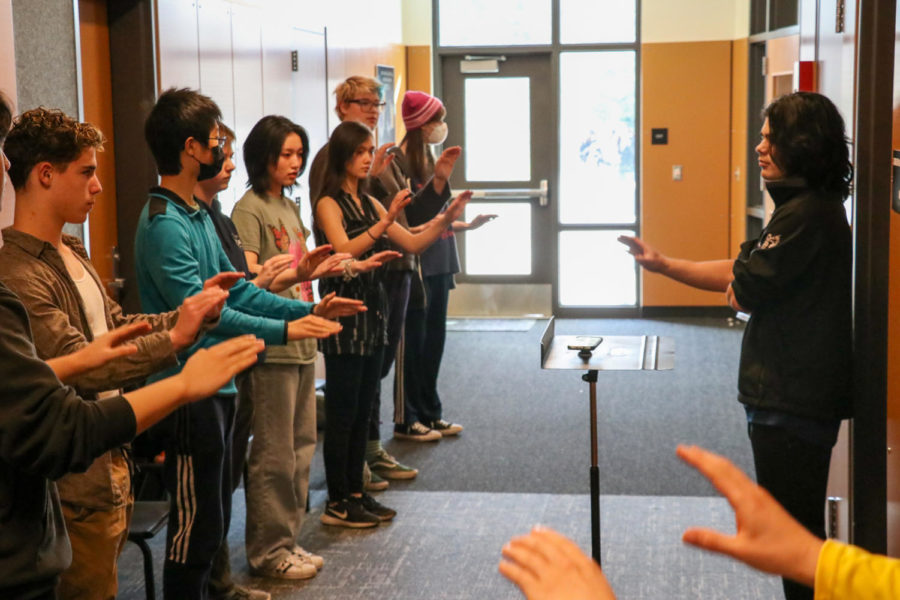Despite the large number of high schoolers with jobs, child labor laws seem largely unknown and unfollowed. Workplaces that hire minors are required to have parents/guardians and a school representative sign a Parent/School Authorization Form that explains child labor regulations. However, some students sign these forms without reading closely, and they sometimes start working without completing the forms at all.
This lack of awareness of laws means minors might not realize when they’re being taken advantage of. This may happen, for example, when employers make them work past 10 p.m. on school nights, more than four hours on a school night or withholds paid breaks. These limits must be enforced even if an employee is willing to exceed them.
Child labor laws differ depending on the age of the minor in question. Laws for 14- and 15-year-olds are more restrictive compared to laws for 16- and 17-year-olds. For example, 14- and 15-year-olds can work up to 16 hours on school weeks, with no more than three hours on school nights and eight hours on weekends, whereas 16- and 17-year-olds are allowed to work 20 hours on school weeks and up to 28 with special variance, which requires both student and parent signatures.
By law, employees who are minors are required to be supervised by an adult after 8 p.m. and can’t work past 10 p.m. on school nights. They also must have paid breaks at least 10 minutes long, depending on the number of hours worked in a shift, with 10 minutes per two hours for those under 16 and per three hours for 16- and 17-year-olds. Thirty-minute unpaid lunch breaks are required for shifts over five hours.
Abuse from managers doesn’t just come in the form of excessively long hours. Senior Ellie Weibel (she/her), who worked at a fast food restaurant for a year when she was 15, said her boss was verbally abusive, did not care about employees’ personal lives and would frequently withhold paid breaks from staff.
“There was no real way to request time off or say, ‘Hey, these are the working hours that I am available,’” said Weibel.
College and Career Counselor Jim Allen (he/him), the school representative who must sign the Parent/School Authorization forms, said some students don’t pay attention to the fact that their employers may be overworking them.
“It’s also such a hard thing, too, because some students may be fine with it; it may be easy for them to do. It’s one of those weird ‘no harm, no foul’ deals. But are you sure there’s no harm?” said Allen.
Some people have different perspectives on how much work and what types of conditions are acceptable.
“One person’s abuse in a workplace could be another person’s ‘Sweet, I got extra hours,’” said Allen.
Senior Bianca Clark* (she/her) works around 35 hours a week as a dishwasher and said she didn’t read the forms she signed when she was hired. Clark described herself as a workaholic, saying she doesn’t like taking long breaks because they’re unpaid and she’s losing money.
“People take their breaks usually, but me personally, I’ve never taken a [long] break in my one year of working there,” said Clark, despite the fact that employers not enforcing breaks for employees is illegal.
Allen encouraged any student who feels they are being taken advantage of to talk about it with their manager first and said that, if nothing changes after that, the student should inform Allen. Weibel agreed, saying it’s important to communicate about rights and expectations.
“If you’re unsure about stuff, ask! A good boss will always take the time to explain things to you, and if they don’t, then you probably shouldn’t be working there.”

















